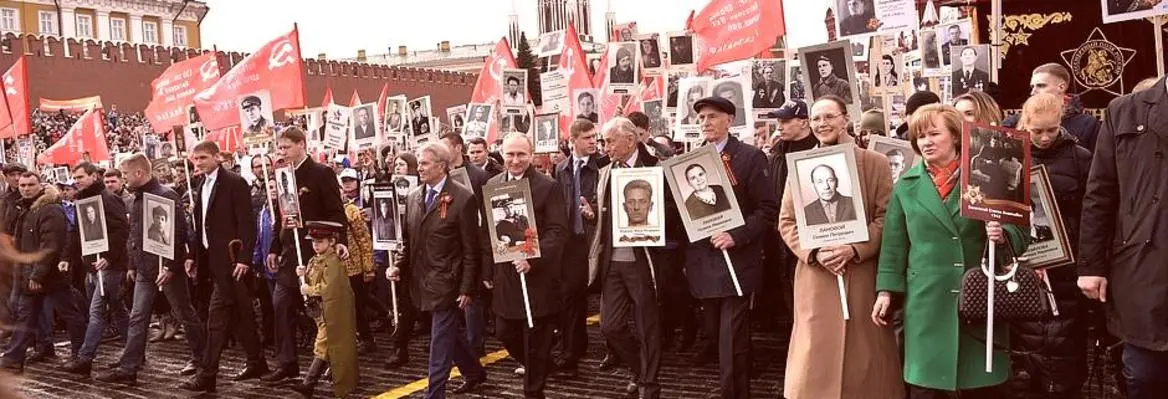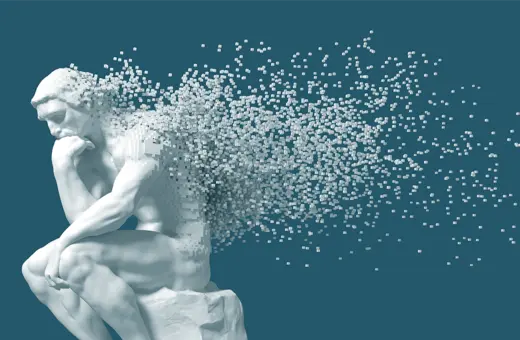My existence represents peace. I am born of a post-war Anglo-German union, my elder uncles having fought on both sides. My German grandfather served first in France and then in the East. After the war, perhaps by conscious or unconscious compensation, my uncle worked with the Russian-German refugees in his small Rhineland town. His learning of Russian later encouraged my own, and his godson, who lives in the closed city of Seversk which is attached to Tomsk, visits me regularly in London. How all so inconceivable in 1945.
As I write, we are living through the last phase of live memories of killing, injuring, and being injured.
Britain
The Second World War is less commemorated in Britain than the First, not just despite but because of the fact that the First is less a source of celebration. The First World War’s large, prominent and ubiquitous public monuments both acknowledge the large loss of life and try to justify it, whilst the Second World War is often a stonemason’s addition covering fewer lives, and with less to justify. Certainly, the latter war is a repository of pride – but not such pride and joy that has produced a day, a ceremony, or a single major monument.
Second World War in East v West Germany
East Germans, defined by the Soviets as victims of Nazism, were allowed to mourn the catastrophe that the Second World War had been to them, even as they were required to mourn, memorialise and compensate their Soviet victims.
In West Germany by contrast, Vergangenheitsbewältigung (coming to terms with the past) was conducted in such a way as to prohibit self-pity and inhibit mourning. Monuments to the fallen were few and awkward, as though unsure how and whether to express themselves in relation to the huge, acknowledged guilt. The memorial sites that were made out of former concentration camp sites from the 1960s onwards diverged according to the polities of their location; those in the West remembered, especially, Jewish victims and German guilt; those in the East emphasised Communist victims of many nations, and Fascist guilt.
Second World War in Russia
In Russia there was no overshadowing greater war, as in Britain, and no post-war occupations by foreign powers, as in both parts of Germany.
Such guilt and grief as was felt with regard to the Soviet treatment of its own citizens in this period was substantially anaesthetized by the German invasion. It justified Stalin and Communism in the minds of the people that they were not, and that they resisted, Gitler and fashizm.















Join the conversation